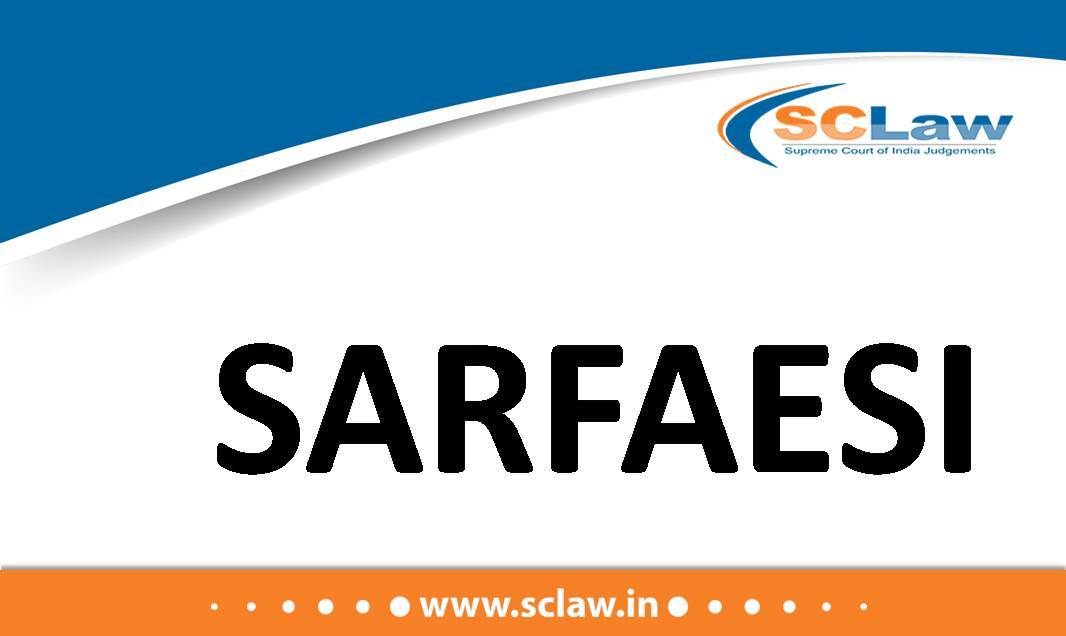Trivial Procedural Lapses Not A Ground To Nullify SARFAESI Proceedings Initiated By Secured Creditor If No Substantial Prejudice Was Caused To Borrower
SUPREME COURT OF INDIA FULL BENCH M/S. L&T HOUSING FINANCE LIMITED — Appellant Vs. M/S. TRISHUL DEVELOPERS AND ANOTHER — Respondent ( Before : L. Nageswara Rao, Hemant Gupta…
